Articles
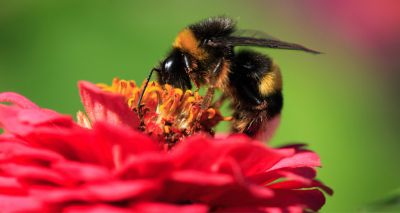
Neonicotinoid replacement may also harm bees – study
Neonicotinoids are one of the most widely-used insecticides. But growing evidence shows they are harmful to bees and other pollinators. ...

‘Zombie’ gene may protect elephants from cancer
Elephants possess an anti-cancer gene that can return from the dead. Gene returns to life and kills cells with damaged...
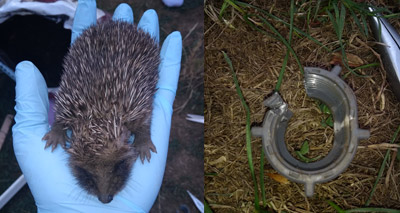
Litter plea as hedgehog gets stuck in plastic ring
The hoglet had a slight indentation where the ring had been pressing on his spines. RSPCA officer responds to call...
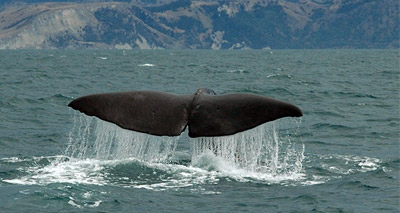
Mass whale stranding due to environmental factors
Teams of scientists from across Europe examined 27 of the stranded sperm whales. Event in North Sea saw the deaths...
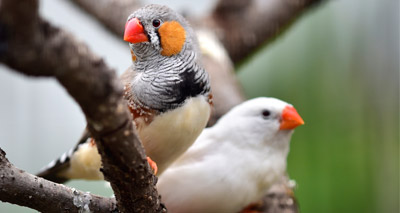
Birds see colour in a similar way to humans, study suggests
Zebra finches separate red and orange shades into two separate categories, much like humans do. Researchers test zebra finches’ ability...
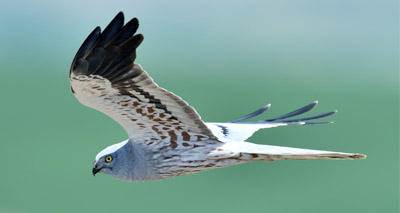
Quarter of hen harrier chicks vanished in ‘suspicious circumstances’
Scotland has seen a 57 per cent decline on grouse moors since 2010. RSPB releases data on satellite-tagged birds in...
Appeal launched after spate of gull attacks in Wales
A gull was photographed in East Parade, Rhyl, with a crossbow arrow sticking through its skin. Birds "experiencing significant suffering"...
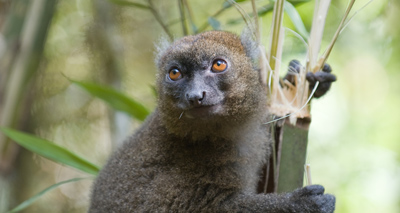
Lemur population ‘on brink of extinction’
Lemurs have lived on the island of Madagascar for more than 400 million years. Experts implementing major action plan for...
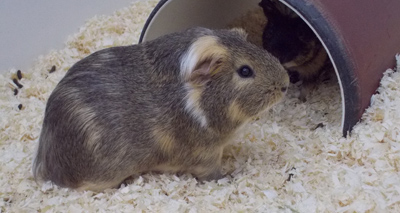
Fresh insights into guinea pig social behaviour
They found that females tended to flee from each other during fertile periods, but otherwise would risk confrontation. Females risk...
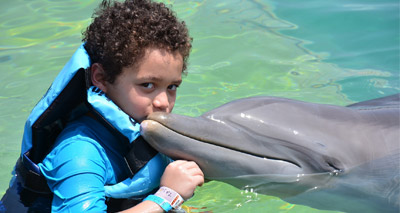
Travel industry urged to do more for animal welfare
Swimming with dolphins can have serious animal welfare and safety risks. RSPCA calls on tour operators to review all animal...

